Unmasking Acne: Insights into Complex Causes and Holistic Treatments
Introduction Acne is more than just a skin condition—it's a complex interaction of hormones, diet, stress, and skin care routines. Mila Zambrano, a seasoned esthetician from Long Beach, California, shares her holistic approach to understanding and treating acne effectively. This article explores her insights and recommendations, addressing the ten most common questions and misconceptions about acne management.
1. The Interplay of Causes Acne does not have a single cause; it arises from a combination of hormonal fluctuations, stress, and dietary factors. These elements can trigger and exacerbate acne, making its management a challenging task. Understanding the specific triggers can help tailor effective treatment strategies.
2. Dietary Influence on Acne Diet plays a crucial role in skin health. Trigger foods like dairy and high-sugar snacks can aggravate acne. Instead of restrictive diets, adopting a balanced approach that moderates but does not eliminate potential triggers can help manage acne more sustainably.
3. Hormonal Challenges Hormonal imbalances are notorious for causing acne, especially during puberty, pregnancy, or periods of stress. The unpredictability of hormonal acne makes it particularly challenging to manage, emphasizing the need for personalized treatment plans.
4. Personalized Acne Treatments Tailoring acne treatments to individual needs is essential. Options range from gentle enzymatic exfoliants to more intensive chemical peels and manual exfoliation, depending on the severity and type of acne. Each treatment regimen is carefully adjusted over time to match the evolving needs of the skin.
5. Home Remedies: Caution Advised While home remedies are popular, not all are safe or effective for treating acne. Ingredients like raw pineapple or honey can harm the skin if not used correctly. These natural remedies need to be approached with caution as they can disrupt the skin's natural pH balance and cause irritation.
6. At-Home Acne Management Effective at-home acne management includes proper exfoliation, avoiding skin picking, and using suitable spot treatments. Simple yet effective routines can help maintain skin health and prevent the development of scars.
7. Customizing Care for Each Client Because each case of acne is unique, effective management requires a customized approach. Treatments such as LED light therapy can be adapted to the individual's specific skin condition, demonstrating the importance of a flexible and responsive treatment plan.
8. Choosing the Right Skincare Products A strong skin barrier is fundamental to acne treatment. Products containing mandelic acid are preferred for their gentle properties, supporting the skin's barrier while effectively treating acne. Nighttime is ideal for active ingredients, allowing them to work in sync with the body's natural repair processes.
9. Understanding the Timeline for Improvement The timeline for seeing results from acne treatments can vary greatly. While some may see improvements within a few months, others may need longer. Consistency and adaptation of the skincare regimen are crucial to achieving lasting results.
10. Busting Acne Treatment Myths There is no quick fix for acne. Effective treatment requires ongoing effort and adjustment. Misconceptions about instant cures can lead to frustration and setbacks. Understanding that acne management is a continuous process is key to setting realistic expectations.
By exploring these ten critical aspects of acne management, it becomes clear that a holistic and informed approach is essential for effective treatment. Mila Zambrano’s expertise highlights the importance of a comprehensive understanding of the factors influencing acne, ensuring that those affected can achieve healthier, clearer skin over time. For more insights into acne treatment and skin health, follow Mila’s professional guidance and updates on her Instagram at @SkinbarbyMila.



































